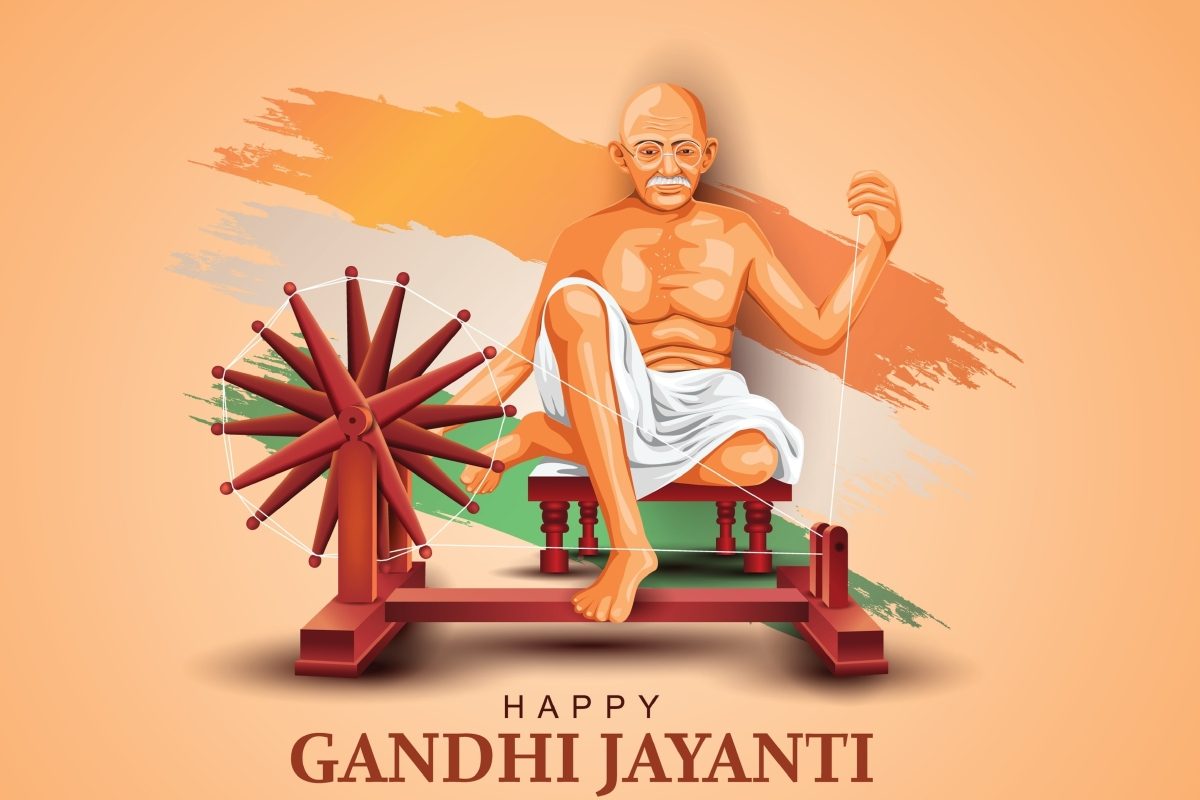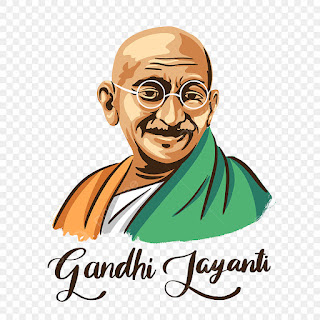
October 2nd is a significant date in the history of India as it marks the birthday of one of the most revered figures in the world, Mahatma Gandhi. Fondly known as Bapu (father), Gandhi’s life and teachings continue to inspire people not only in India but across the globe. This date is not just a day for commemorating his birth but also for reflecting on his principles of non-violence, truth, and equality, which remain relevant in today’s world.
Gandhi’s Life and Legacy
Mahatma Gandhi, born on October 2, 1869, in Porbandar, Gujarat, played a pivotal role in India’s struggle for independence from British colonial rule. He is best known for his philosophy of non-violence (Ahimsa) and his commitment to truth (Satya). Gandhi’s life was a testament to his belief in these principles as he led numerous campaigns and movements using non-violent means to challenge oppressive British rule.
One of the most significant milestones in India’s fight for independence was the Salt March, also known as the Dandi March, which began on March 12, 1930. Gandhi and a group of followers marched to the Arabian Sea to protest the British monopoly on salt production. This non-violent act of civil disobedience had a profound impact on the Indian freedom struggle and drew worldwide attention to the power of non-violent resistance.
Gandhi’s legacy goes beyond the struggle for India’s independence. His teachings on non-violence, truth, and social justice continue to inspire movements for civil rights, human rights, and peaceful change around the world. Leaders such as Martin Luther King Jr. in the United States and Nelson Mandela in South Africa were deeply influenced by Gandhi’s philosophy and methods of peaceful protest.
Gandhi’s Impact Today
On October 2nd, India pays tribute to Mahatma Gandhi with various events and activities that celebrate his life and teachings. Many schools and institutions organize special programs, discussions, and competitions to educate the younger generation about his ideals. One of the most iconic events is the prayer meeting held at Raj Ghat, the memorial to Gandhi in New Delhi, where people from all walks of life gather to pay their respects.
Gandhi’s principles of non-violence, truth, and equality remain relevant in today’s world, where conflicts persist, and social justice is an ongoing struggle. His emphasis on self-reliance, simplicity, and environmental sustainability also align with contemporary concerns about climate change and sustainable living.
Nonetheless, it is essential to recognize that Gandhi’s ideas and actions were not without controversy. While he is celebrated for his role in India’s independence, he faced criticism and debate, particularly regarding his views on caste, religion, and gender equality. His legacy is a complex one, reflecting both his progressive ideals and the limitations of his time.
Conclusion
October 2nd is a day for India and the world to remember and honor the life and legacy of Mahatma Gandhi. His teachings of non-violence, truth, and social justice continue to inspire generations, and his impact extends far beyond the boundaries of his home country. As we commemorate this day, let us not only celebrate Gandhi’s achievements but also reflect on the enduring relevance of his principles in our quest for a more just and peaceful world.

